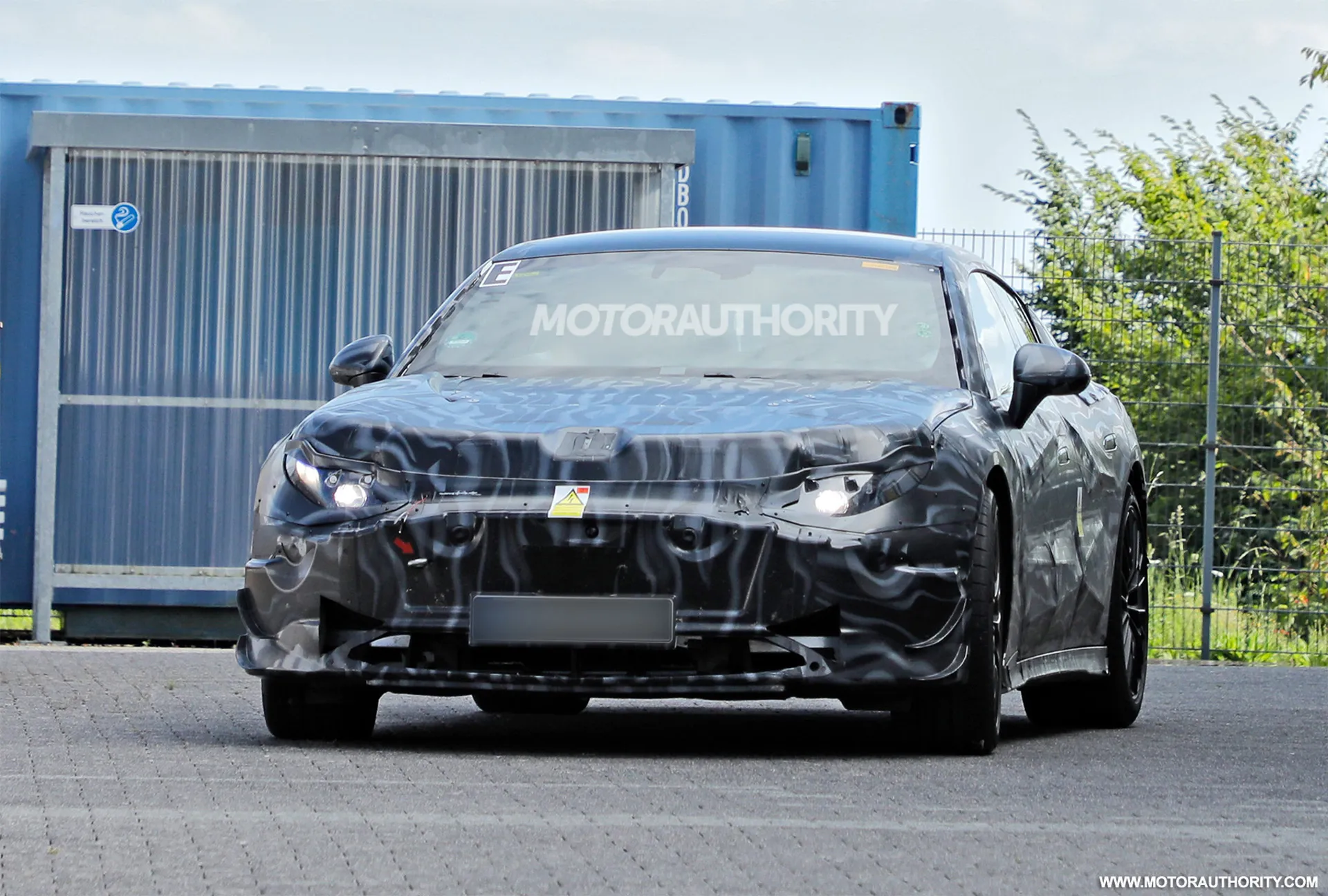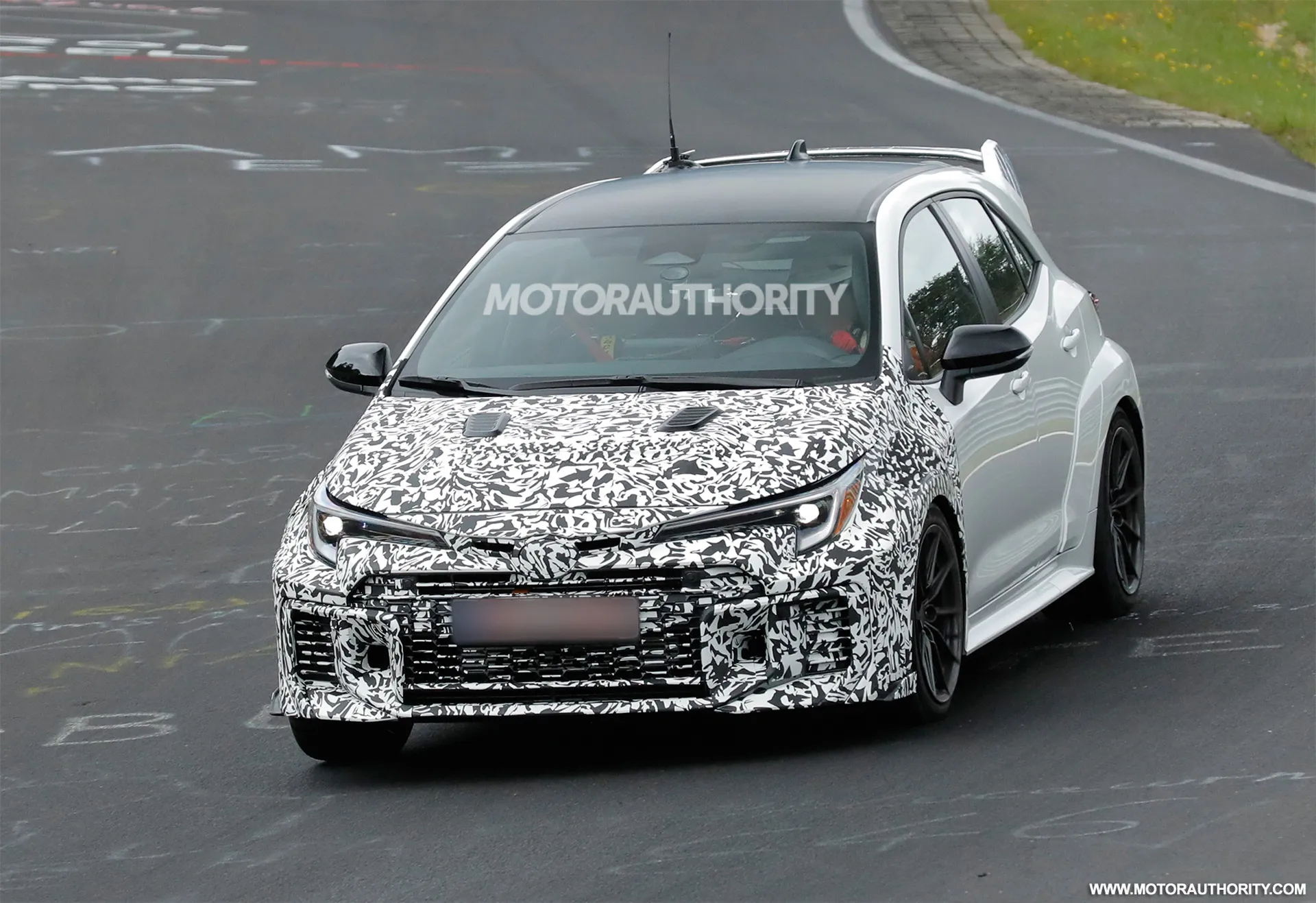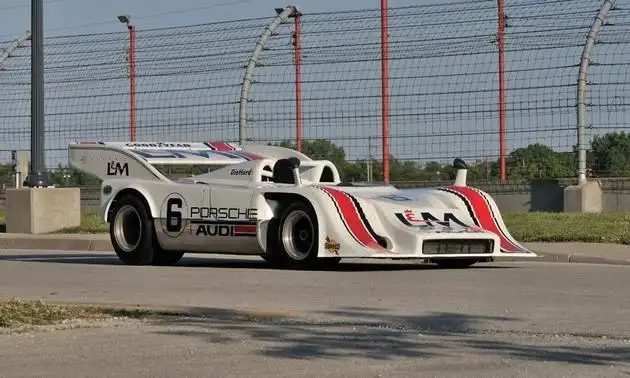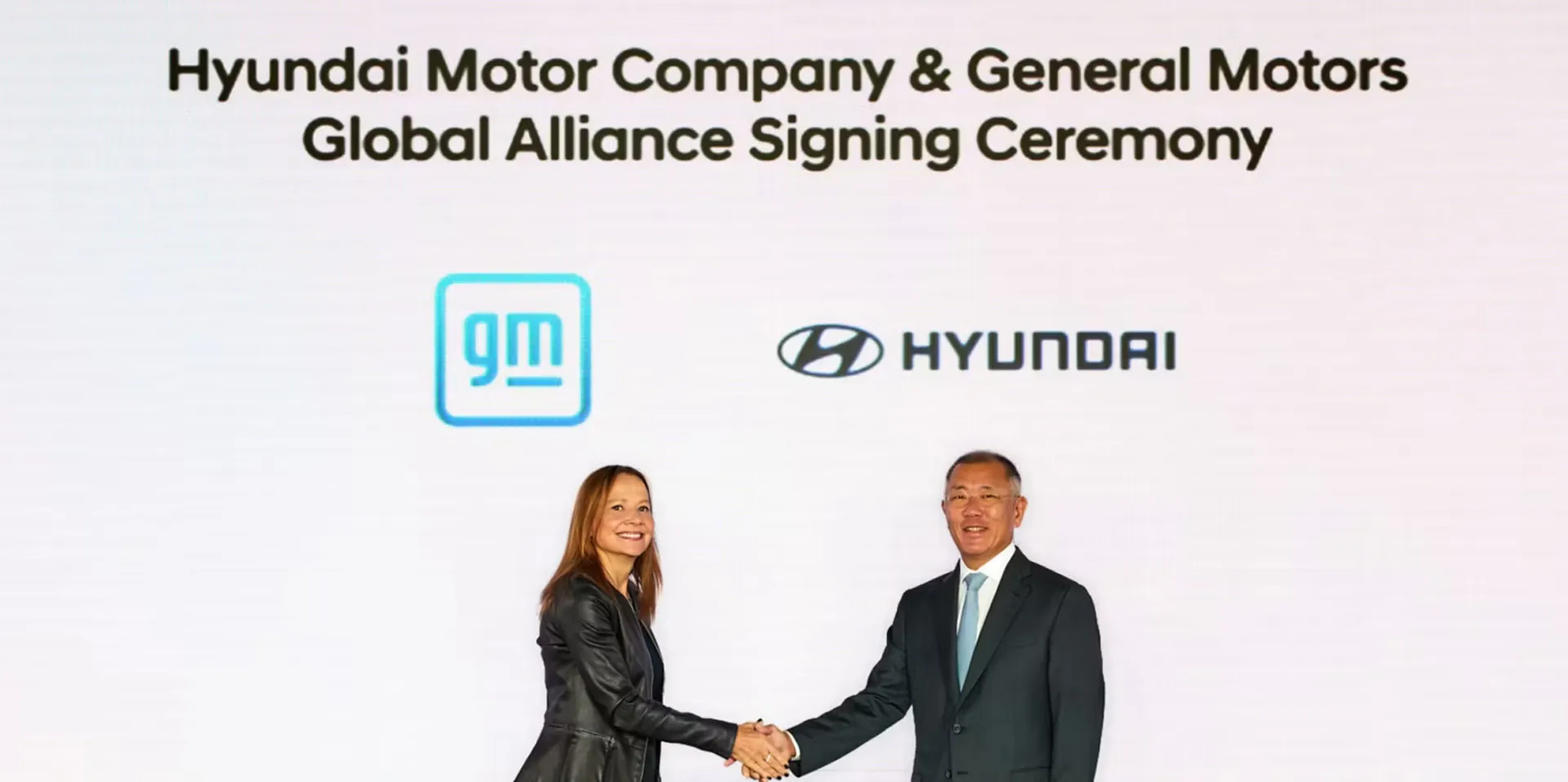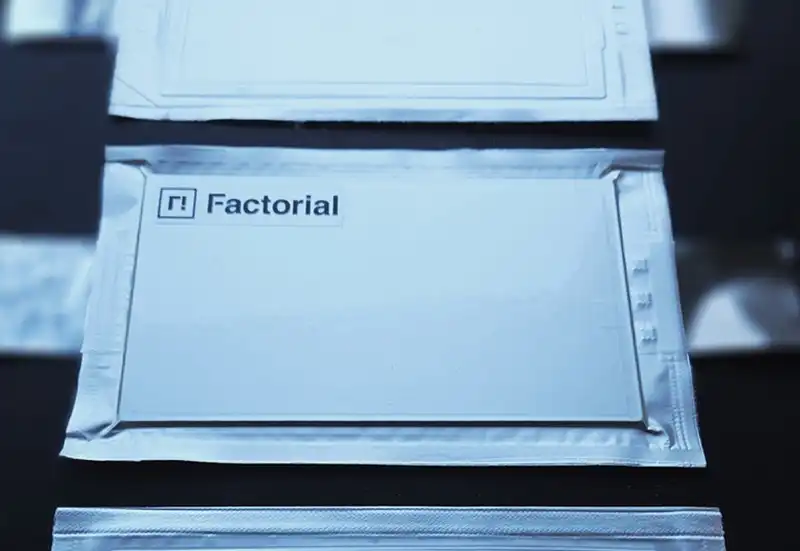Ferrari Receives Patent for Hydrogen Engine
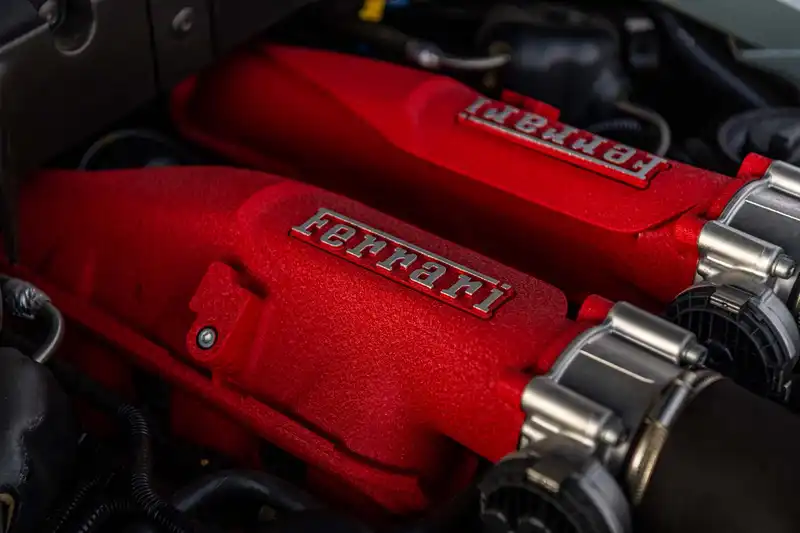
Ferrari has applied for a patent for a hydrogen-powered internal combustion engine, suggesting that the company is considering it as a way to ensure the viability of internal combustion engines in the future when emission regulations become more stringent.
Unlike hydrogen fuel cells, which generate electricity to power the motor, hydrogen internal combustion engines simply burn hydrogen instead of gasoline and do not emit carbon dioxide. However, this is the first time Ferrari has publicly expressed interest. Ferrari believes that hydrogen combustion is a way to significantly reduce emissions.
The hydrogen engine produces no greenhouse gases and minimizes other pollutants such as carbon monoxide and particulate matter, Ferrari claims in its patent application. The patent was published by the U.S. Patent and Trademark Office (USPTO) on February 29; Ferrari filed the application in 2023.
However, minimal emissions do not equal zero emissions, and there are concerns about the overall carbon footprint of hydrogen production. Hydrogen produced by electrolysis, powered by renewable sources, has minimal overall emissions, while other production methods that use fossil fuels can be as dirty as coal, according to the nonprofit Rocky Mountain Institute in 2022.
In addition, hydrogen is not as energy dense as gasoline, which would require a greater amount of on-board storage to achieve a range equivalent to that of a gasoline-powered car. In its patent application, Ferrari admits that a car with a hydrogen-burning engine "will be longer and heavier than a similar car with a gasoline internal combustion engine (for the same range)."
While shorter refueling times may alleviate the lack of range, hydrogen-burning internal combustion engines will face the same infrastructure issues as fuel cell vehicles. As a recent InsideEVs report notes, limited hydrogen infrastructure has proven unreliable, frustrating owners of Toyota's MIRAI fuel cell vehicle.
Toyota is also researching hydrogen combustion engines, not only in the form of patent applications. In partnership with Yamaha, Toyota has announced a hydrogen-powered Corolla racing car in 2021 and a hydrogen-powered V8 engine based on the engine used in the Lexus RC F in 2022.
It is unclear whether Ferrari will do the same with hydrogen combustion. However, given Porsche's investment in synthetic fuels as a way to sustain internal combustion engines while addressing climate change concerns, perhaps hydrogen will be the technology of choice for Ferrari to achieve its goals.
